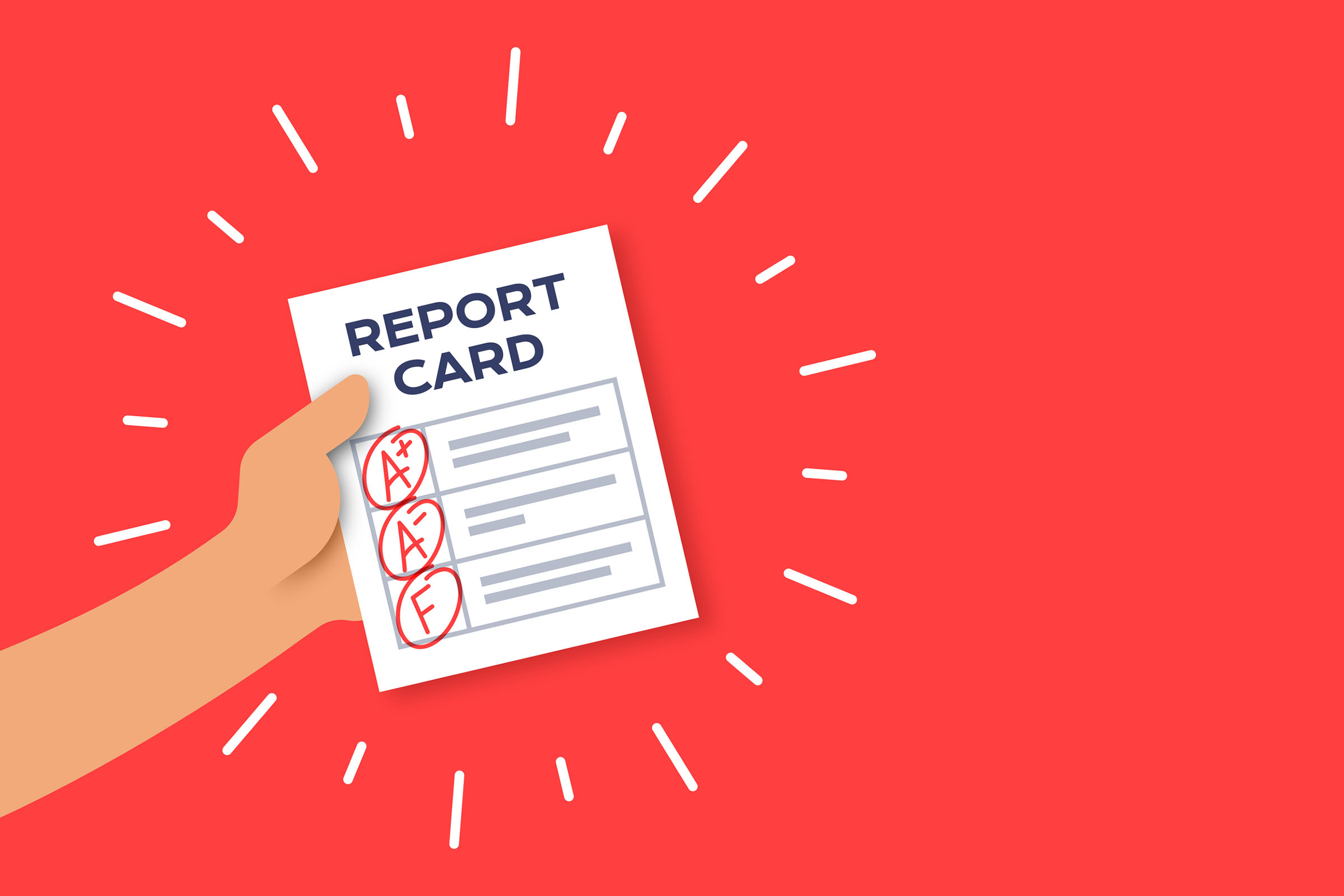Intelligent Medicine means combining the best of high-tech medicine and the best of natural therapies to promote health and cure disease. But that doesn’t mean I uncritically endorse the worst examples of excesses from either realm; I’m an equal-opportunity critic of Bad Science, Bad Food and Bad Medicine. Here are a few that I deplore:
Kim Kardashian and Prenuvo: Kim has made a lucrative career as an “influencer”. With over 329 million followers on Instagram alone, it’s estimated she garners between $619,846 to $1 million US dollars per Instagram post.
Now, with no medical background whatsoever, she’s endorsing the controversial practice of using whole body MRIs to screen for disease. Prenuvo is a venture capital-fueled start-up that markets scans costing thousands of dollars to the affluent worried-well.
Whole body MRIs generate many false positives that lead to anxiety and unwarranted additional medical tests and procedures with consequent expense and risks; prominent physician organizations have inveighed against the routine use of screening with whole body MRIs for otherwise healthy individuals.
Years back, I was approached to endorse a whole body screening outfit on my radio show. As an enticement, I was offered a free MRI scan—a $1200 perk. Despite pressure from my radio station to cut a lucrative sponsorship deal, I declined.
Travis Kelce double vaccines: The star NFL tight end is appearing in a widely-aired TV ad brandishing two Band-Aids on his shoulder, advocating simultaneous shots with the Covid booster and the flu jab.
With no medical background, he is rumored to stand to earn upwards of 20 million dollars from Pfizer for his endorsement. Now he won’t have to go “Dutch” when he treats his current squeeze, Taylor Swift, to a fancy meal.
What isn’t disclosed is that for many, protection is minimal and adverse reactions underplayed; a skeptical public hasn’t embraced the shots. Worse yet, a new study reveals that getting both shots at once increases the risk of strokes in seniors.
Snoop Cereal: Another successful influencer and marketer is rapper Snoop Dogg, whose net worth is estimated to be $160 million. His latest branding foray is Snoop Cereal which he touts as a milestone in Black entrepreneurship.
While high-minded in its goal to fund youth initiatives and programs for the homeless, encouraging kids—especially minorities who are disproportionately prey to obesity and its health consequences—to breakfast on sugary cereals like “Fruity Hoops with Marshmallows”, “Frosted Drizzlers”, “Cinnamon Toasteez”, “Graham Honeyz”, “Cocoa Crazees”, “Iced Cruncheez”, and “Honey O Snax” is downright immoral.
Whenever things are whimsically misspelled, it encourages consumers to suspend their critical judgement. But there’s nothing remotely cute or fun about this. Really, Snoop, does kids’ health need to be sacrificed on the altar of your philanthropy? That they’d get it anyway from Kellogg’s or General Mills is no excuse.
Balance of Nature: The maker of fruit and “veggie” pills is carpet-bombing the airwaves with a multi-million dollar campaign touting the benefits of its desiccated plant material. Once given to outlandish claims of “cures” for all manner of ailments, Balance of Nature recently settled a civil suit filed on behalf of customers who felt hoodwinked:
“The complaint also alleged that Balance of Nature made claims that its products could prevent, treat, mitigate, or cure serious disease conditions, including diabetes, arthritis, heart disease, fibromyalgia, and cancer. The company went so far as to recommend that customers take 12 capsules each of its Fruits and Veggies supplements if they had been ‘diagnosed with life threatening illness’; Balance of Nature also used customer testimonials to make scientifically unsupported claims that the products could treat or cure disease conditions such as lupus, ulcers, gout, congestive heart failure, Hepatitis C, and multiple sclerosis.”
After this case, and after brushes with the FTC and the FDA, Balance of Nature pivoted, and began to reposition its products as energy elixirs, with a particular focus on seniors. Testimonial after testimonial hails the supplements as having “changed my life”. Once lethargic, older adults are said to be supercharged with this simple tweak.
In my opinion, targeting unwary seniors with unsubstantiated claims and dubious testimonials constitutes elder abuse. Admittedly, a diet rich in fresh vegetables and fruits might make you feel better, but no study exists that suggests their powdered equivalents deliver similar benefits. The company’s claim that one serving of its Fruits product, which weighs approximately 2 grams, contains the “nutritional equivalent of over 5 servings of fruits per dose” is devoid of scientific substantiation—and absurd on its face.
(See my previous article “Are fruit and veggie pills really as effective as they claim?” for more.)
Martha and Medicare Advantage: In this frequently aired commercial, “Martha” is portrayed as a comically befuddled senior. The ad promotes Medicare Advantage, which is a honey-trap for unwary over-65s. Medicare Advantage plans tempt seniors to abandon the (albeit meager) coverage of standard Medicare for less choice of physicians and plans, baited with the offer of some additional prescription, eyecare, hearing and dental perks. More and more doctors and hospital networks are withdrawing from Medicare Advantage in the face of slashed reimbursement and restrictive prior authorizations. Many enrollees have been hit with unexpected costs and denial of benefits.
Notwithstanding the controversy over the program itself, Martha offers an ugly stereotype of a senior: Suspicious, bespectacled, shrill, and wearing a faded housecoat. In 2023, we’ve cancelled Aunt Jemima, Charlie Chan, and Jose Jimenez. Why are offensive caricatures of seniors still fair game?
Wikipedia: When I want an in-depth description of, say, the Russo-Japanese War of 1905, or a bio of a silent movie star like Mary Pickford, Wikipedia is my go-to. But when it comes to alternative medicine, it’s an epic-fail.
For example, this is what Wikipedia says about naturopathy: “A wide array of pseudoscientific practices branded as ‘natural’, ‘non-invasive’, or promoting ‘self-healing’ are employed by its practitioners . . . The ethics of naturopathy have been called into question by medical professionals and its practice has been characterized as quackery.”
Wikipedia’s entry on acupuncture states: “Acupuncture is a pseudoscience; the theories and practices of TCM [Traditional Chinese Medicine] are not based on scientific knowledge, and it has been characterized as quackery.”
Homeopathy fares no better: “The fundamental implausibility of homeopathy as well as a lack of demonstrable effectiveness has led to it being characterized within the scientific and medical communities as quackery and fraud.”
Larry Sanger, the founder of Wikipedia, has renounced his brainchild: “I no longer trust the website I created . . . Eastern medicine is basically called quackery in dismissive, quite judgmental, language and so forth. It’s done, apparently without any compunctions at all.”
Wikipedia can no longer be considered a trusted source for balanced health information.
More to come in Part 2 of My Least Favorite Things in next week’s Intelligent Medicine newsletter.
Want to call BS on any shady medical or nutrition practices? Share your suggestions via questions@drhoffman.net and we’ll include some in subsequent articles or podcasts.








